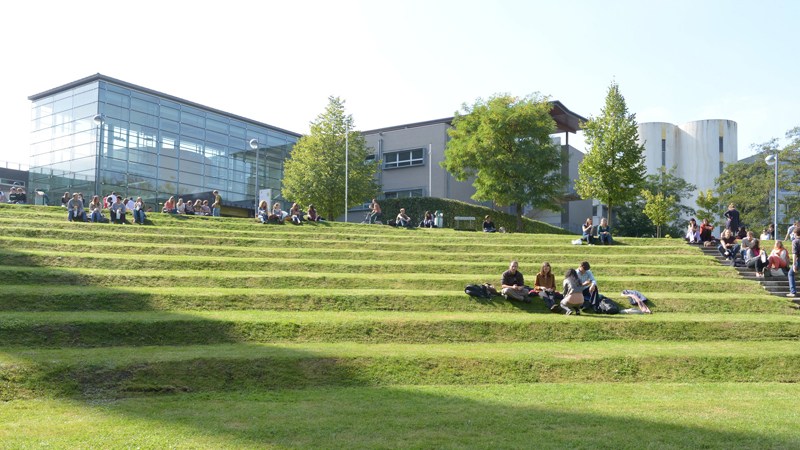The Flemish government this week gave the green light for the first-ever academic bachelor's degree in Artificial Intelligence in Flanders.
The three-year programme will be offered by the Free University of Brussels (Vrije Universiteit Brussel) starting next academic year (2022-2023).
"Flanders wants to take a lead by focusing on the courses of the near future," said Flemish Minister of Education Ben Weyts.
"A programme that focuses entirely on Artificial Intelligence may seem like a niche now, but that will be different tomorrow," he added.
Increasing need for AI specialists
Artificial Intelligence (AI) is a collective term for all technologies that exhibit some form of intelligence. By analysing their environment, they can perform various tasks with some degree of autonomy to achieve specific goals, for businesses among others.
AI has more and more applications: in computers, in cars, in social media, but also in industry, defence, logistics and the broad healthcare sector.
Currently, around 25% of companies are already regularly using machine intelligence, however, more than three-quarters of Flemish businesses (76.8%) do not use AI yet, and the majority (63.4%) have no plans to do so, a recent study found.
The region has found there is an increasing need for well-trained AI specialists in companies, research centres and government institutions, but until now, there was no university training to train such people.
Related News
- Flemish companies European frontrunners for use of AI
- 'Never too young to retrain': Extra resources for adult education in Flanders
"AI is here to stay," said Weyts. "Flanders is a knowledge economy: we cannot afford to miss this train. In the high-tech labour market of tomorrow, we will need real AI specialists."
As part of the VUB course, aimed at a diverse group of students, a broad technical basis will be taught, with attention to the cognitive and ethical aspects of AI.
The VUB has been investing in this field for some time and can offer students an AI Lab and an AI Experience Centre, among other things.
"The graduates will end up everywhere: from the banking world or pharma to modern agricultural companies and everything in between," Weyts concluded.

